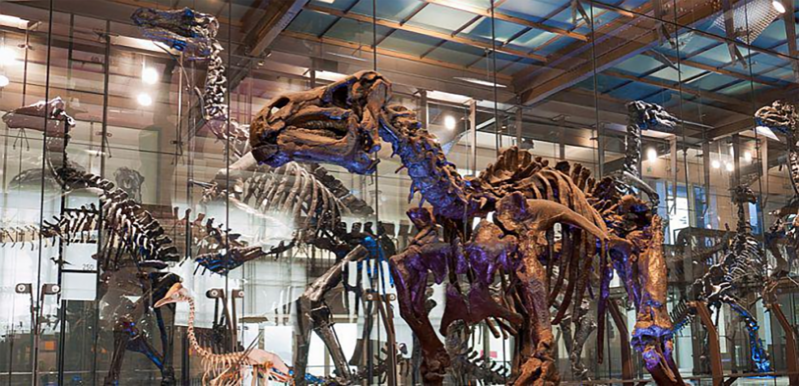
LifeWatch Belgium: a highly innovative infrastructure for biodiversity research
The 2nd edition of the LifeWatch Belgium Users & Stakeholders Meeting was organised at the Royal Belgium Institute of Natural Sciences (RBINS) in Brussels to report on progress, on 19 November, 2019. This event was open to all users and stakeholders connected with the infrastructure and attracted a total of 74 participants from a multitude of Belgian research institutes, universities and policy bodies. It turned out to be an interesting and insightful meeting, much like the first.
The day started with Philip Van Avermaet from the EWI Department sharing his views on how research infrastructures such as LifeWatch can be at the service of science. Next, Christos Arvanitidis, LifeWatch ERIC CEO, explained the mission of and recent developments within the European infrastructure. Klaas Deneudt from the Flanders Marine Institute (VLIZ) then presented how LifeWatch Belgium is supporting science, industry, policy and civil society. Through the remainder of the day, a number of use cases showcased the versatility of LifeWatch Belgium in more detail.
Policy supporting use cases:
• If life was simple… GPS tracking data provides new insight in the use of offshore wind farms by Lesser Black-backed Gulls (Eric Stienen, INBO)
• Transboundary Land Cover Dataset for Nature Protection (Corentin Rousseau, WWF)
• Surveillance of mosquitoes and other blood-sucking arthropods that can act as human disease vectors during foreign deployments of Belgian Defense (Leen Wilmaerts, Medical Component of the Belgian Armed Forces)
• How the LifeWatch Species Information Backbone supports global fisheries policies and management (Lennert Schepers, VLIZ)
Industry supporting use cases:
• Using bird remains identification at the Belgian Air Force to improve flight safety (Commandant Serge Sorbi, Wildlife Hazard Management Office, Belgian Air Force – Aviation Safety Directorate (ASD))
• Gathering ecological data on movement behaviour of Atlantic cod in support of gas and oil industry (Jan Reubens, VLIZ)
Science supporting use cases:
• Tracking of marine predators in the Southern Ocean (Anton Van de Putte, RBINS)• CATREIN: CAmera Trap REsearch INfrastructure in support of a growing number of wildlife related research projects (Jim Casaer, INBO)
• High resolution mapping of population dynamics in breeding birds in Wallonia (Antoine Derouaux, NATAGORA)
The last presentation of the day was dedicated to biodiversity and ecosystem research by LifeWatch connections in Sweden, and the proceedings ended with a panel discussion about the use and value of LifeWatch for science, policy and industry.